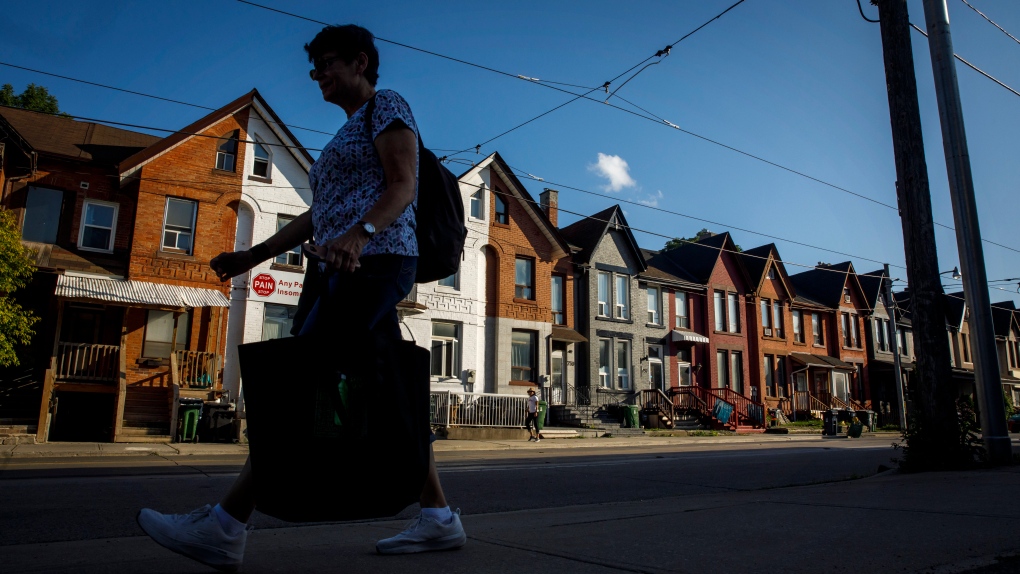FTA: The unaffordable cities:
1- Richmond Hill, ON
2- Oakville, ON
3- Markham, ON
4- Vaughan, ON
5- Richmond, BC
6- Vancouver, BC
7- Toronto, ON
8- Milton, ON
9- Whitby, ON
10- Coquitlam, BC
11- Burlington, ON
12- Brampton, ON
13- Mississauga, ON
14- Burnaby, BC
15- Ajax, ON
16- Surrey, BC
17- Langley, BC
18- Oshawa, ON
19- Saanich, BC
20- Kelowna, BC
21- Abbotsford, BC
22- Guelph, ON
23- Hamilton, ON
24- Waterloo, ON
25- Cambridge, ON
26- Barrie, ON
27- Kitchener, ON
28- Ottawa, ON
29- London, ON
30- St. Catharines, ON
31- Montreal, QC
32- Windsor, ON
33- Kingston, ON
34- Halifax, NS
35- Greater Sudbury, ON
36- Longueuil, QC
And the affordable cities:
1- Edmonton, AB
2- St. John’s, NL
3- Regina, SK
4- Saguenay, QC
5- Trois-Rivières, QC
6- Quebec City, QC
7- Lévis, QC
8- Winnipeg, MB
9- Saskatoon, SK
10- Gatineau, QC
11- Calgary, AB
12- Sherbrook, QC
13- Terrebonne, QC
14- Laval, QC



While it’s an ideological answer, it’s relatively balanced compared to the extreme answers others would suggest. I think you’re right, to some extent. At a mimimum it would reduce the whole “generational wealth” bits somewhat, and return things back into the common purse over time.
Between my own taxes, and the corporate taxes I paid through my small business, I feel like I’ve contributed my share. I don’t mind paying taxes, provided the government spending isn’t wasteful. After all, we are a society and rely on public infrastructure, among other things. But I’ve only got a small business, and there’s no off-shore tax havens I’m storing cash reserves in or something ridiculous like the ultra rich. How would you deal with that? Or does your plan only work if implemented more or less universally?
To further add to what you’ve both said, Land Value Taxes (LVT) is probably where we should be heading. Jack those up really high, and lower or even remove income taxes on workers.
Taxing people based on the amount of land they use is a very efficient (from an economic perspective) way to balance wealth. You want a mansion in a desirable area? Go ahead, but you need to pay everyone else for taking up that much space. You want to avoid those taxes by using less space in a less desirable location and investing all your wealth in companies instead? Sounds like a win-win to me.